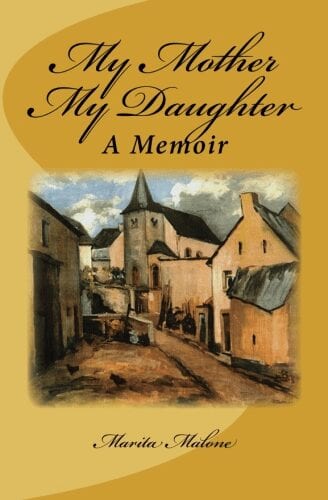The Adoptee Dialogue

The Purpose of the Blog
The purpose of this site is to give adult adoptees an avenue for support that is dedicated to their thoughts and opinions. We frequently hear from the professionals, the adoptive parent who is looking for answers and adoptee-turned-author, but we rarely hear from the adoptees who seemed to have dissolved into the general population. These people have taken on the duties and tasks of responsible adults; often the only way one knows that there is something different about them is if they say, “Well, you know, I was adopted.” Yet, adult adoptees still may suffer from a long-term undiagnosed depression from feelings of alienation and not belonging, loss and hidden grief. While many people seek peace of mind, the adult adoptee seeks peace of mind and the heart. Information and self-help are key to a true resolution.
All visitors to this website are welcome to participate in the blog. Perhaps we have a friend or relative who is being adopted, was adopted, is a potential adoptive parent, or is an adoptive parents faced with difficulty. Birth mothers and fathers are also invited.

The Book
My Mother My Daughter: A Memoir traces the author’s lifelong emotional and psychological odyssey as a World War II German orphan until when she, an older adult adoptee, finally found resolution. The essence of adoption is presented through a recount of her struggles with her adoptive American parents and her adventures to be someone of value.
While the memoir tells a true story, it uses a fictional character to confront the first‑person viewpoint, allowing the content to have an honest, fair, and compassionate perspective of the mother who gave Marita Malone away, of the adoptive parents who took her in, and of the adopted child who could have so easily blamed everyone else and had not eventually taken responsibility for herself.
In the third part of the memoir, the author finds her birth mother in Germany, and from there, her past unravels. Her beliefs about being adopted are tested and changed.
The memoir leaves a message to fellow adult adoptees that we must now accept responsibility for who we are; and to adoptive parents, that the adopted children are thinking of loss while the parents are thinking only of the gain. The adoptive parents must assess who they are and what they want, and know that “primal wounds” (Nancy Verrier) of the children last a long time, if not forever.
The memoir is a lyrical story with a qualified happy ending. The happiest part for the author, though, was realizing that victims do not have to remain victims; nothing in their lives is granite unless they want it to be that way.